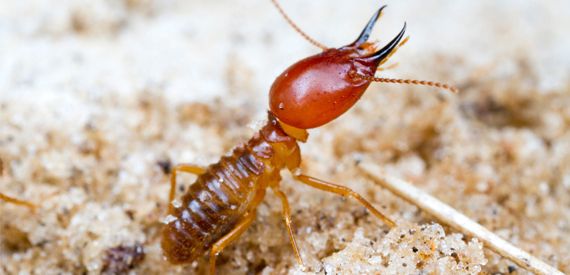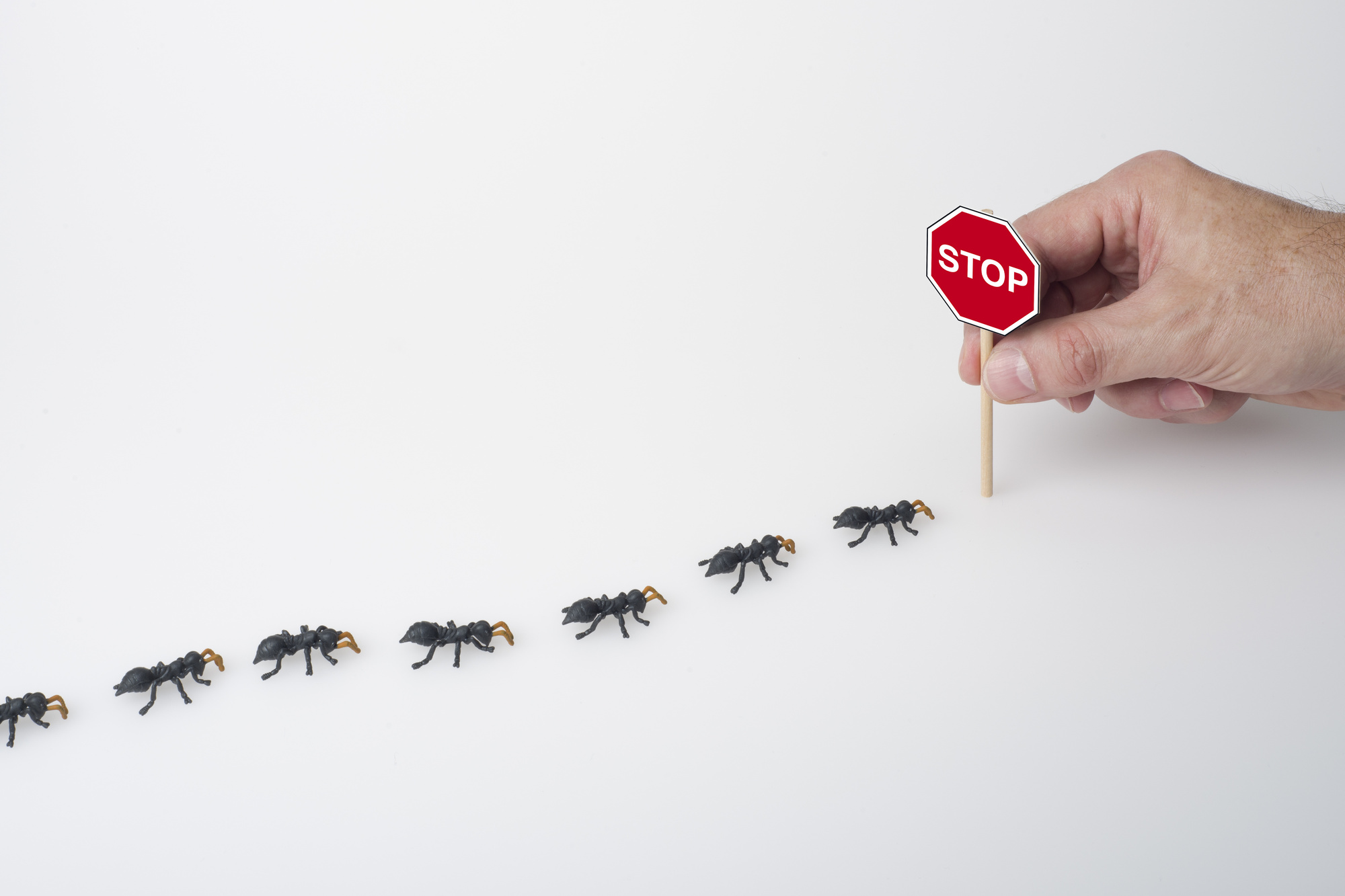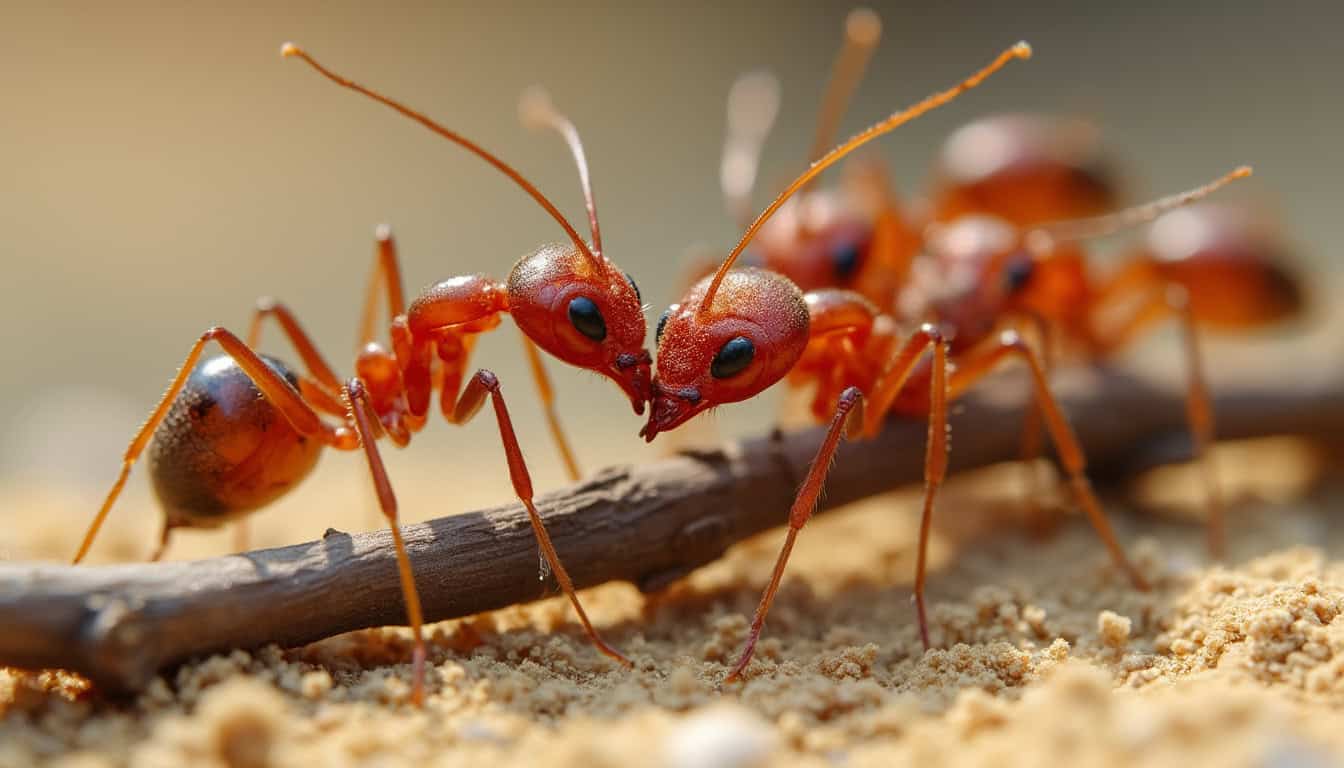Ecological Influence of Bug Control: Balancing Effectiveness With Sustainability
The ecological influence of pest control is an important problem that requires a fragile balance between accomplishing effectiveness in making sure and handling pests sustainability of our communities. As we make every effort to secure our crops, homes, and health from the threats presented by pests, the approaches we employ can accidentally damage the setting. From using damaging chemicals that permeate into our soil and water to the unexpected repercussions on non-target varieties, the consequences of standard insect control techniques are significant. Nonetheless, there are emerging strategies that supply wish for a more lasting approach to pest administration. These options not just objective to attend to the prompt parasite issues yet also take into consideration the long-term health and wellness of our planet.
Unsafe Chemicals in Parasite Control
The usage of dangerous chemicals in parasite control postures significant ecological and health and wellness risks that require careful factor to consider and mitigation techniques. Insecticides, herbicides, and pesticides are typically utilized to eliminate insects, but their widespread application can result in unintentional consequences. These chemicals can contaminate dirt, water resources, and the air, affecting not just the targeted bugs however also useful pests, wild animals, and human beings.

To resolve these threats, incorporated bug monitoring (IPM) strategies are being promoted as a more lasting choice. IPM entails a mix of techniques such as biological control, habitat control, and the targeted use of pesticides as a last option (ant control garner nc). By embracing an alternative approach to pest control, we can minimize the ecological and health and wellness impacts linked with unsafe chemicals while successfully handling pest populaces
Influence On Non-Target Species
Taking into consideration the unexpected repercussions of pest control approaches, the effect on non-target species is a crucial element that needs detailed analysis. While insect control actions intend to target particular parasites, other microorganisms in the community might be unintentionally affected. Non-target types, including valuable insects, birds, creatures, and also plants, can experience indirect or direct injury from pesticide applications or biological control approaches.
Pesticides can have sub-lethal or lethal results on non-target varieties. Insecticides created to combat a specific bug pest may hurt pollinators like bees or all-natural predators such as ladybugs. Furthermore, chemical deposits can accumulate in the atmosphere, influencing non-target microorganisms in time. Organic control representatives, if not species-specific, can present threats to unintended targets, disrupting the environmental balance.
To alleviate the influence on non-target varieties, incorporated pest management (IPM) techniques that emphasize a holistic approach to you could try here pest control are recommended. These methods prioritize making use of environmentally pleasant techniques, lessening damage to valuable microorganisms while properly taking care of pest populaces. Carrying out extensive threat evaluations and keeping track of the end results of bug control efforts are important action in safeguarding non-target species and advertising general ecosystem wellness.
Dirt and Water Contamination
Unintended environmental consequences of pest control approaches expand beyond affecting non-target species, with substantial effects for soil and water contamination. Chemicals, herbicides, and chemical fertilizers made use of in bug control can leach right into the soil and infect groundwater, presenting a threat to both aquatic and earthbound environments. Soil contamination can interfere with the equilibrium of microorganisms crucial for nutrition cycling and plant growth, leading to reduced soil fertility and performance. These chemicals can linger in the environment for prolonged periods, collecting in the dirt and potentially going into the food chain.
Water contamination is one more vital problem associated with pest control practices. To mitigate soil and water contamination from pest control activities, incorporated insect monitoring strategies that focus on sustainability and minimize chemical inputs are essential.
Air Pollution From Pesticide Usage
Direct exposure to airborne pesticides during farming applications presents a considerable issue for air contamination control actions. When chemicals are splashed onto crops, they can volatilize right into the air and type volatile organic substances (VOCs) and various other airborne toxins. These chemicals can add to the formation of ground-level ozone, a significant component of smoke that can have harmful effects on human health and wellness, crop performance, and overall air top quality. Furthermore, chemical drift, where pesticides are lugged by the wind to unintentional areas, can result in the contamination of neighboring environments and water bodies.

Methods for Lasting Pest Control
In the realm of farming techniques, implementing sustainable insect control methods is paramount for maintaining environmental balance and securing plant returns. Lasting parasite control stresses using eco-friendly approaches to take care of insect populaces effectively while reducing harm to non-target organisms and ecological communities. Integrated Insect Monitoring (IPM) is an extensively taken on technique that integrates organic, social, physical, and chemical control techniques to accomplish long-lasting insect management solutions.
Crop turning and diversification are additionally efficient techniques to interrupt pest life cycles and create much less beneficial problems for insects to grow. Eventually, by integrating these lasting pest control approaches, farmers can achieve an equilibrium between pest administration effectiveness and ecological stewardship.
Final Thought
To conclude, the environmental influence of insect control techniques have to be meticulously thought about to stabilize effectiveness with sustainability. Unsafe chemicals utilized in bug control can lead to soil and water contamination, air contamination, and injury non-target species - termite control services. It is crucial to apply sustainable insect control methods to minimize these negative impacts on the setting and advertise a healthier ecological community for future generations
By adopting an alternative technique to pest control, we can decrease the environmental and health effects associated with harmful chemicals while efficiently taking care of pest populaces.

To minimize the air pollution triggered by chemical use, it is important to adopt incorporated insect management strategies that prioritize the usage of non-chemical pest control approaches, such as plant rotation, all-natural killers, and resistant plant ranges. Lasting parasite control stresses the usage of environmentally friendly methods to handle bug populaces successfully while reducing injury to non-target microorganisms and environments. Integrated Insect Management (IPM) is an extensively taken on approach that integrates biological, social, physical, and chemical control methods to accomplish long-lasting insect administration services.